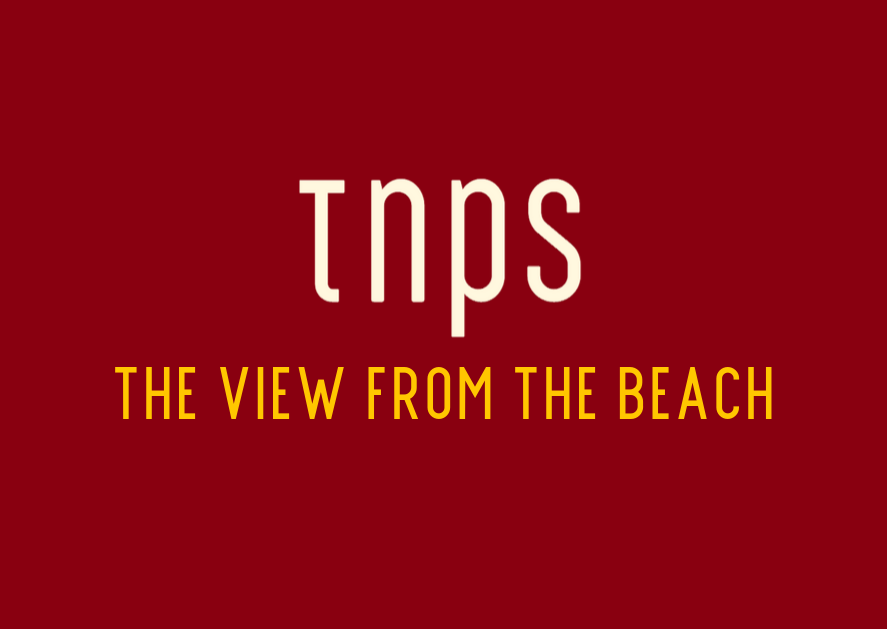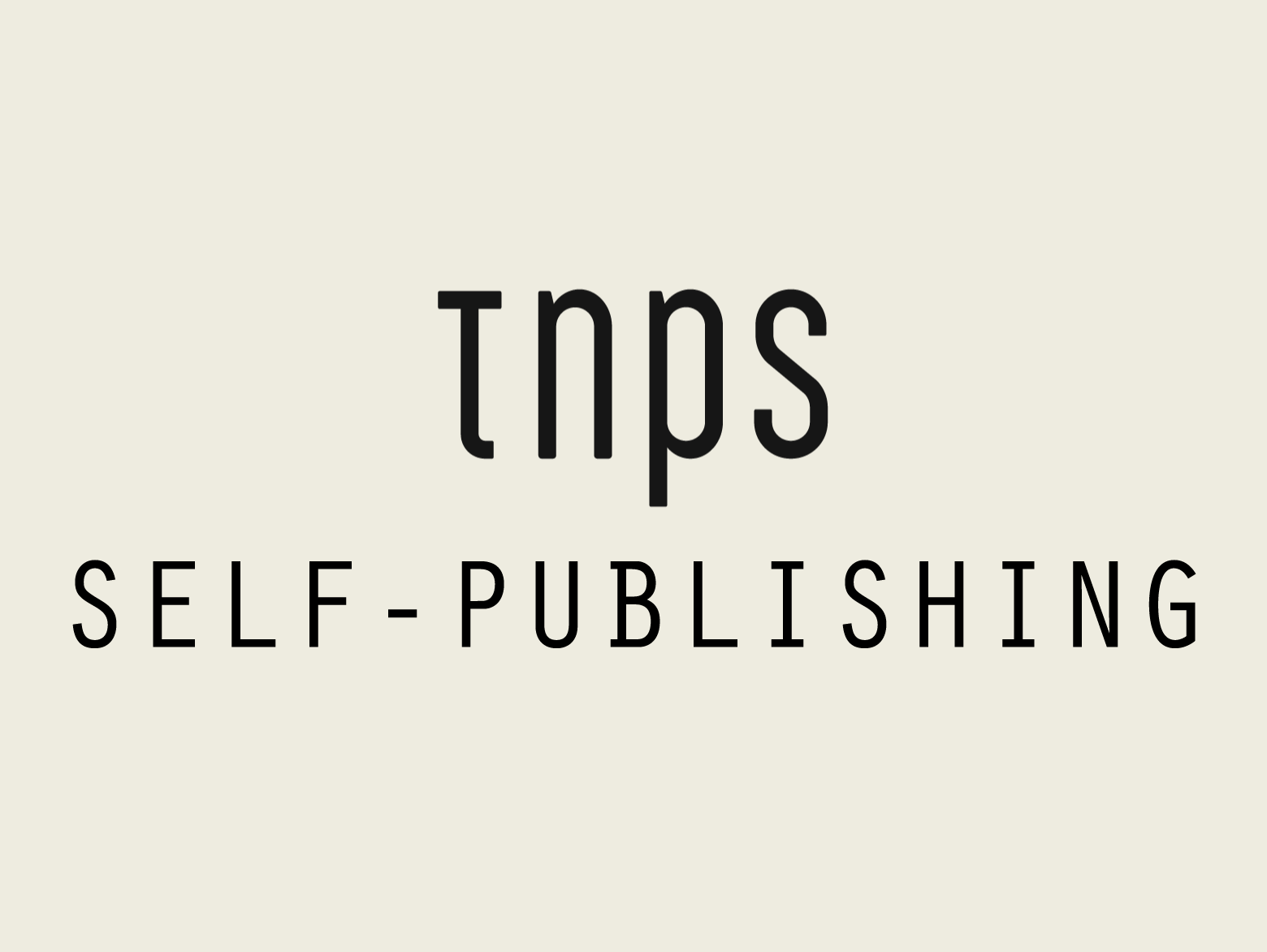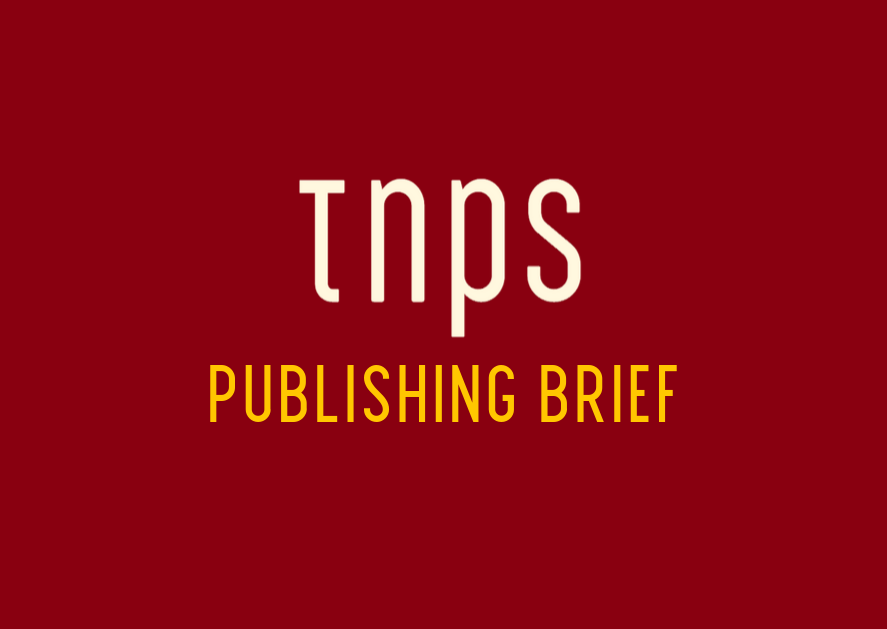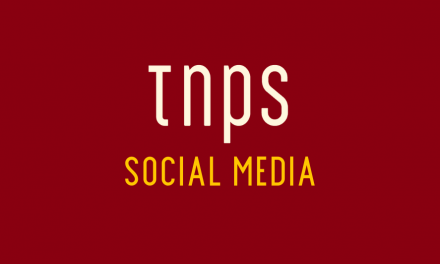With more access to trade content for training, LLMs can become more efficient in the trade sectors where it currently lags behind, opening up new revenue streams and potentially new and transformative concepts yet to be explored.
Academic publisher Wiley has just reported a 6% revenue increase to $390 million in its latest financial quarter, largely attributed to the rising interest from tech firms in licencing Wiley’s content for Artificial Intelligence (AI) applications.
Per previous TNPS reportage, Wiley secured two significant deals worth $44 million for licencing its content to unnamed tech firms for generative AI (GenAI) purposes.

The latest quarterly report shows the company’s learning revenue rose by 14% to $124 million, driven by a $16 million contribution from a $21 million content rights project for training GenAI.
Excluding the GenAI project, Wiley’s learning revenue saw a slight decline of 1%, so it should come as no surprise that Wiley is now actively engaging in discussions with various potential partners for further AI licencing deals. Matthew Kissner, Wiley’s president and CEO, emphasised the company’s strategic positioning in the AI revolution and the growing demand from tech firms for research content in large language models (LLMs).
While the Luddite fringe scream that AI companies do not compensate authors, the reality is AI companies are compensating publishers (AI companies do not deal direct with authors) and Wiley is among those that have made clear they are passing that compensation onto authors in the form of royalties.
Furthermore, we now know that the AI deals with Wiley involve backlist content, typically three years or older, and are structured with limited duration and rights, primarily for model training purposes. And because these contracts are nonexclusive, they do not hinder Wiley from pursuing additional opportunities with rival AI companies. Ker-ching!
Kissner has outlined a two-stage content licencing strategy: first participating in the near-term development of foundational AI models; second, engaging in recurring licencing arrangements as AI models and applications mature.
Now let’s step back and take in the bigger picture, which is what the trade CEOs need to do instead of cowering on the fence while a handful of short-sighted, self-interested big-name author influencers snap at their ankles.
Wiley’s proactive engagement with AI developers underscores the critical importance to deep-pocketed AI CEOs of high-quality, authoritative content in training AI models, thereby significantly enhancing the development of LLMs. This approach not only ensures scientific accuracy and optimal learning outcomes, benefitting Wily and the AI companies, but also positions Wiley as a key player in the AI landscape.
AI CEOs are acutely aware that LLMs, while pretty hot in the academic arena, are not (yet) making as much progress in fiction and related trade arenas. They also understand that, contrary to the kneejerk Luddite position that AI can never compete with human creative skills, Ai can contribute enormously to human creativity, if given access to quality data for training.
But those same Luddites that are loudly chanting that AI cannot compete with human skills, are simultaneously doing everything they can to make sure AI companies are denied the chance to prove otherwise.
A case in point is the October “joint declaration” on AI by UK trade bodies that included the Publishers Association, the Authors’ Licensing and Collecting Society (ALCS), the Association of Authors Agents and the Luddite fringe body the Society of Authors.
That statement ran, “The publishing industry was an early adopter of AI and we fully recognise the potential benefits and opportunities it can bring to our industry with AI tools that help us enhance human creativity and academic endeavour by reaching our audiences, marketing our books and journals more effectively, and improving processes and systems. However, it must be used ethically and legally, and its use must be regulated.
“We need urgent confirmation from Government to ensure that AI systems cannot continue to use copyright-protected works with impunity. Creative work – and industries like publishing that are built on it – can only thrive under the right conditions: a strong copyright regime, compensation, credit for authors and other creators, and rightsholders’ control. But those conditions are being undermined – and creative works devalued – by today’s unfettered, opaque development of AI systems, which have been designed using copyright-protected works used without permission or payment.
Most of that barely stood up to scrutiny a year ago – copyright law already exists. It dos not need government intervention to enforce existing law – and today holds even less water, with AI paying-deals with publishers now so routine they barely make the industry news at all.
A year on and no AI company has yet been found guilty of illegally using copyright material (all acknowledge they use such material, but argue it is within the law). And amazingly, despite the clear assurances of then Society of Authors CEO and Chief Luddite Nicola Solomon that almost 50% of writers jobs would be lost to the AI menace, there are no reports of any writers losing their jobs to AI.
The Society of Authors has sadly shown itself to be locked into its own AI-loathing, self-perpetuating bubble, per its most recent nonsensical letter to AI CEOs asking them to give it data about how AI is abusing authors, because the SoA hasn’t got any actual evidence of its own.

Here’s hoping the other parties to the “joint statement,” the PA, the ALCS and the AoAA, can now begin to distance themselves from the SoA alarmists and start looking rationally at what the trade publishing industry can gain from working with AI companies instead of screaming mindless abuse form the sidelines.
Here’s the thing: Trade publishing data holds immense value for AI companies, as a rich source of diverse and high-quality content that can enhance machine learning models. By leveraging this data, AI companies can develop more sophisticated algorithms capable of recognising patterns, making predictions, and generating insights that are beneficial across myriad applications. This symbiotic relationship can bring significant benefits to the trade publishing industry, similar to the advancements we are now seeing in academic publishing.
For the trade publishing industry, collaborating with AI companies can lead to improved content discoverability, market prediction, and strategic insights. For example, AI tools can help publishers analyse vast amounts of data quickly and accurately, enabling informed decisions about which books to publish and how to market them effectively.
Additionally, AI can assist in text, audio and visual content creation, proofreading, and translation, streamlining processes and not just reducing costs but bringing products to market more quickly, increasing revenue opportunities.
And, an area still to be explored fully, AI can help bring multi-format products to markets previously inaccessible for reasons of economics – for example indigenous language markets. Incomprehensible though it may be to us in the rich west, most of the world does not speak English or Spanish.
It is these currently fringe arenas of opportunity where AI will really come into its own, allowing trade publishers to, for example, deliver quality multi-language audio content to audiences in less-developed countries where poor educational opportunities mean most people do not or cannot read.
Right now trade publishers are still struggling to grasp the potential of AI audio in the big home languages like English, Spanish, let alone minor and micro-languages. But if they are to serve their shareholders, their employee and their creatives fully, they need to think beyond the obvious and embrace the full potential of AI to make audio content universally accessible in the way music is becoming.
Take Spotify as a case in point. Spotify is available in over 180 countries, with the no-go areas limited to the usual suspects – China, Ethiopia, Libya, Somalia, Sudan, Iran, Iraq, Myanmar, Cuba, Venezuela and of course North Korea. Spotify audiobooks, on the other hand… Yet despite this extremely limited reach, Spotify audiobooks are already making a significant contribution to publishers’ bottom lines, despite the strenuous objections from the Society of Luddites.
Now imagine if Spotify’s audiobook catalogues were available in 180 countries and in multiple languages…
With traditional audio production that is a pipedream underpinned by an economic nightmare. It will never happen. With a full embrace of AI by trade publishers globally, this could be next decade’s reality.
Publishers’ associations love to brag about how much the publishing industry is worth, but guys, we’re talking pennies compared to what the publishing industry and its synergies in related industries could be worth if we would just embrace AI’s potential instead of fighting to keep it on a leash because a handful of influencers have been re-watching 2001: A Space Odyssey, M3GAN and I, Robot, or simply feel threatened by progress.
Trade CEOs are not stupid (honestly!), and have no doubt already been approached by their AI counterparts looking to secure deals similar to what are now becoming routine in the academic field.
The logic is simple. With more access to trade content for training, LLMs can become more efficient in the trade sectors where it currently lags behind, opening up new revenue streams and potentially new concepts yet to be explored.
To come back to audio, we see this already in the audio sector where AI-voices are transforming the audiobook landscape.
Just this past week ACX, owned by Amazon, has launched in beta a programme offering narrators the chance to clone their own voices to produce future audiobooks faster and more affordably.
And the levels of resistance are noteworthy. When it comes to AI using trade texts to train on, the Luddite author brigade are up in arms. A robot can never write as well as a human and that’s why we’re terrified AI will steal all our jobs! But they are curiously subdued when it comes to AI audio narration, where it is the narrators, not the authors, that feel threatened. Repeat for translations. And that resistance will be further subdued by this latest move by ACX.
So we are now seeing an improbable trajectory developing in the trade arena whereby AI audio and AI translation is being cautiously welcomed by trade CEOs, even as they cling tightly to the fence when it comes to AI text developments.
Put simply, big-name authors are calling the shots.
Exactly. Whoever heard of a big-name narrator or translator?
The thing is, big-name authors stand to gain the least from AI in trade. By definition they already get everything they want from their publisher. Celebrity narrators for the audiobook. The very best translators for the overseas market. The best editors and the best marketing. They already earn more than they could conceivably need. They don’t need the AI-assist.
Regular authors, on the other hand, struggling to pay the bills, stand to benefit enormously from AI-assistance across a spectrum of possibilities, opening up new revenue streams currently off-limits because publishers have limited resources to spend on the lower-ranking authors.
Imagine every book being available as an audiobook, and translated as text and audio in dozens, hundreds or even thousands of languages.
The trade CEOs know all this, and some time soon one or more will grasp the nettle and, likely with author opt-outs to keep the Luddite-fringe off-balance, break the trade glass ceiling, knowing that, as AI technology continues to evolve, the demand for high-quality trade content for training purposes will substantially increase. And so will the sums AI CEOs will be willing to hand over to get that access.
Bigger profits, happier shareholders, and along the way more royalties for authors. As above, imagine every book being available as an audiobook, and translated as text and audio in dozens, hundreds or even thousands of languages.
If trade CEOs and reps could stare-down the Luddite fringe and go out and explain to regular authors what is possible if AI companies are given full training access to trade works, we might see a very different response from authors currently being led by the nose by the Scaremongering Society and company
The first trade CEOs to clamber off the fence will, like Wiley before them, put themselves at the forefront of this nascent market, offering new revenue streams and opportunities for growth. And so long as they do so transparently and ensure the rewards are fed back to the authors, this can only be a good thing for all.
This post first appeared in the TNPS LinkedIn newsletter.





